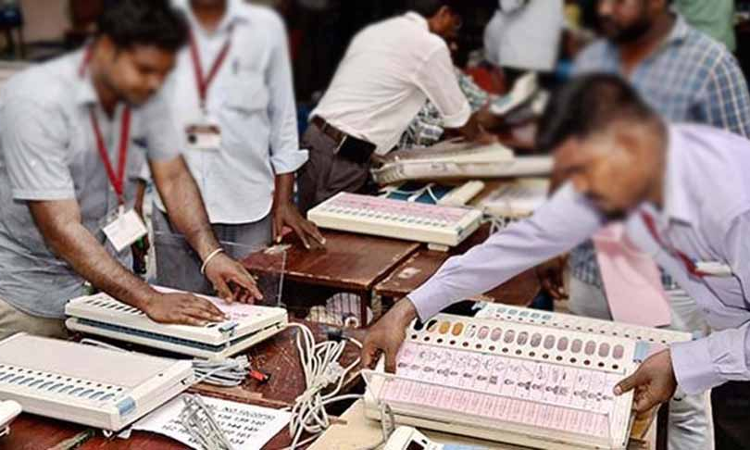The Chhattisgarh High Court recently set aside an order of an Election Tribunal whereby re-counting of votes in an election to the post of Sarpanch was ordered and the initial election result was interfered with.Allowing the appeal preferred by the candidate who was initially declared successful but was later removed from the said post owing to the Tribunal's order, a bench of Justice...

